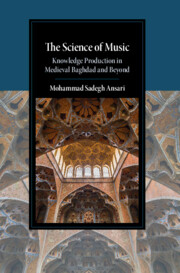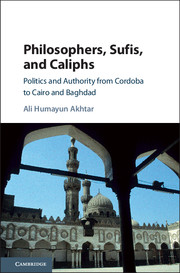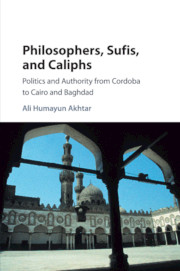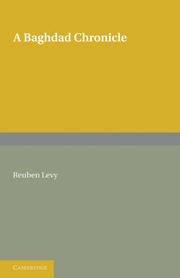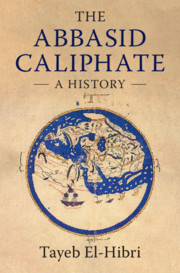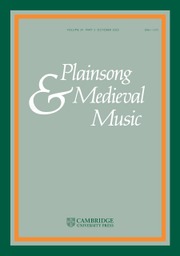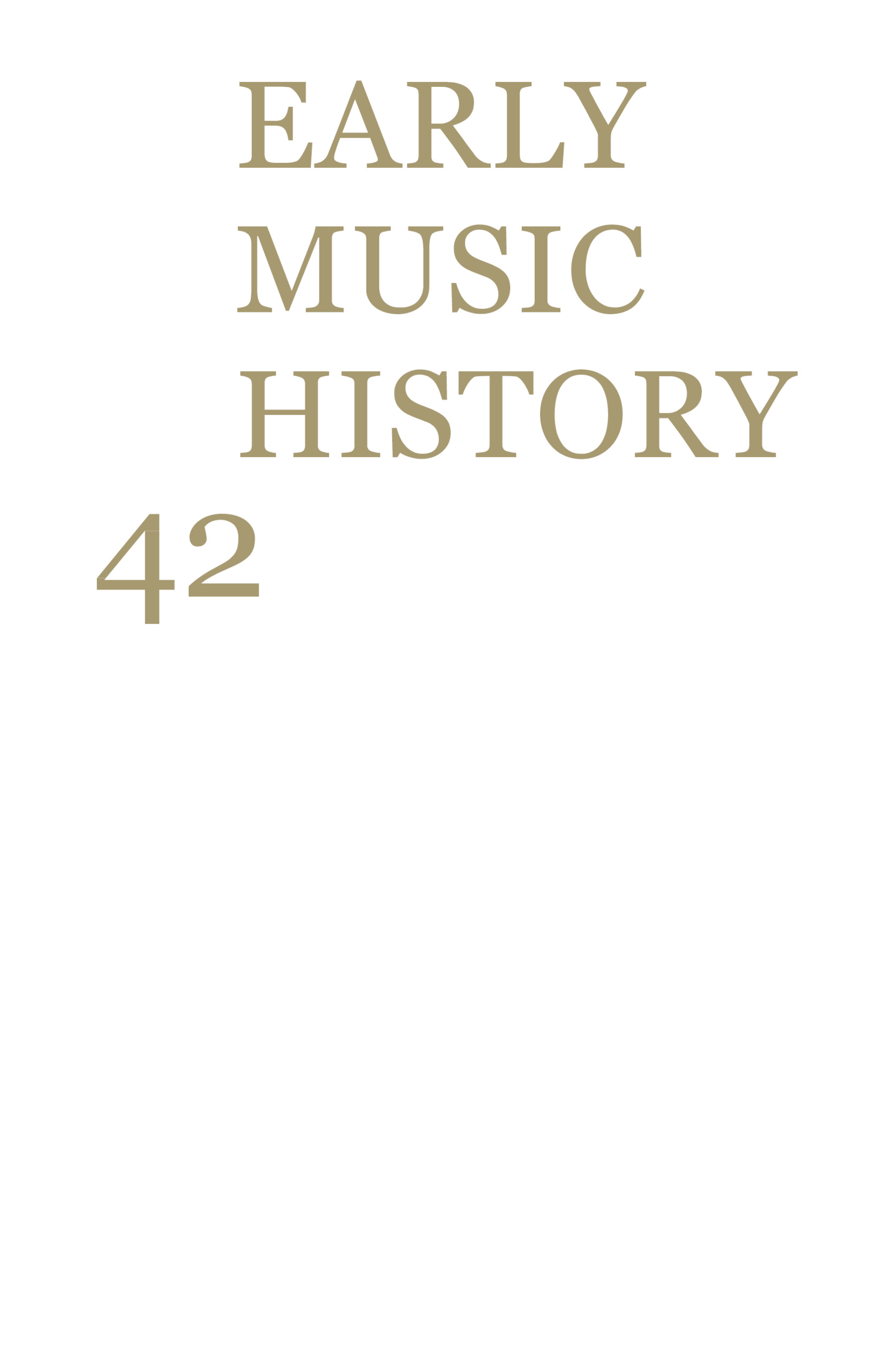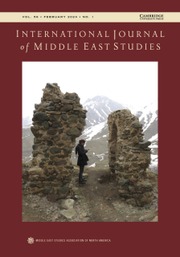The Science of Music
How did the medieval Islamic intellectual tradition conceptualize, produce, and disseminate scientific knowledge? What can we learn about medieval Islamic civilizations from the way they examined and studied the universe? In answering these fundamental questions, Mohammad Sadegh Ansari provides a unique perspective for the study of both musicology and intellectual history. Widely considered to be an art today, music in the medieval Islamic world was categorized as one of the four branches of the mathematical sciences, alongside arithmetic, geometry, and astronomy; indeed, some philosophers and scholars of music went as far as linking music with medicine and astrology as part of an interconnected web of cosmological knowledge. This innovative book raises fascinating questions about how designating music a 'science' rather than an 'art' impacts our understanding of truth and reconstructs a richly holistic medieval system of knowledge in the process.
- Provides insight into the role of music as a scientific discipline in medieval Muslim societies
- Presents the first detailed and comprehensive study of the modes and tools of producing knowledge about music as a mathematical discipline in the pre-modern Islamic world
- Develops discourse on the historiographical use of the term “science” in non-modern and non-European contexts
Reviews & endorsements
‘This book is a remarkable exploration of how music, mathematics, philosophy and cosmology interacted, were learned, studied, patronized and transmitted in medieval Baghdad, from the earliest translations of Greek texts through the classic works by al-Kindi, al-Farabi, and al-Urmawi, to the lesser-known works of later commentators.’ Dwight Reynolds, University of California, Santa Barbara
‘Ansari’s Science of Music is an epic and original study of the medieval Islamic inheritance of ancient Greek musical thought. Through close readings of Greek science, Arabic manuscripts and their multilingual paratexts, Ansari shows how medieval students engaged with their teachers, refined core musical concepts, and developed original knowledge systems.’ Kristina Richardson, The University of Virginia
‘Ansari’s rich monograph on the branch of Islamic mathematics known as music is a significant achievement. Patient textual analysis, careful social and intellectual history, and insightful reflections about the place of music in the history of science make this book an inviting entryway into a fascinating world awaiting discovery.’ Alexandre M. Roberts, University of Southern California
Product details
December 2024Adobe eBook Reader
9781009502573
0 pages
This ISBN is for an eBook version which is distributed on our behalf by a third party.
Table of Contents
- Introduction
- 1. Music and Mathematics in an Interconnected Web of Cosmic Relations
- 2. Learning the Science of Music in Medieval Baghdad
- 3. Al-Urmawi's Baghdad Before and After the Coming of the Mongols
- 4. al-Urmawi Goes to the Mustansiriyya: How to Learn the Science of Music
- 5. Note, Sharpness, and Heaviness
- 6. Ratio and Interval
- 7. Consonance and Dissonance
- Conclusions
- Epilogue
- Appendix A
- Appendix B
- Bibliography
- Index.

